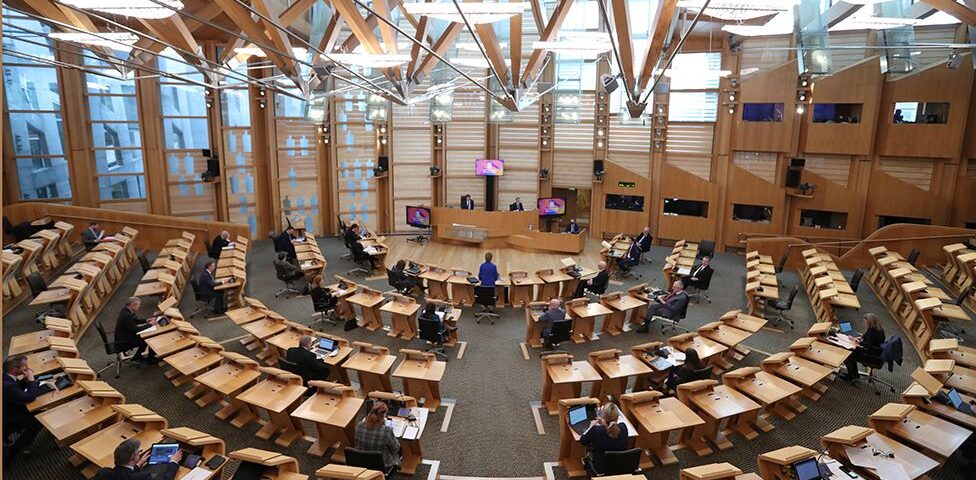SCC Response To Scottish Budget
Higher Earners In Scotland To Pay More Income Tax
15/12/2022UK Interest Rates Raised To Highest Level For 14 Years
16/12/2022SCC Response To Scottish Budget

Responding to the Scottish Budget delivered by the Deputy First Minister, Dr. Liz Cameron CBE, Chief Executive, Scottish Chambers of Commerce, said:
“While the backdrop for today’s statement was already set by the Chancellor Jeremy Hunt in the Autumn Statement, today’s Scottish Budget will not bring much Christmas cheer.
“Businesses and households are navigating an extremely challenging period of high energy costs, rising inflation, and higher borrowing costs.
“The specific decision by the Scottish Government to widen the divergence on income tax rates between Scotland and the rest of the UK is exceptionally concerning.
“Many will be left pondering today as to who in the Scottish and UK Governments is standing up for the economy to help businesses survive this crisis and keep people in jobs.”
On taxation:
“The Scottish Government’s move to increase the top and higher rates of income tax will hit taxpayers in Scotland more than other parts of the UK.
“This is a clear disadvantage for Scotland’s businesses and workers and could position Scotland as a less attractive place to live and work.
“With over 350,000 people alone in the higher rate bracket, questions remain on the impact this will have on talent attraction, retention, consumer confidence, and indeed departure of workers to other parts of the UK.
“We urge the Scottish Government to publish its economic modelling of this policy decision, specifically on the proposed impact this could have on future investment decisions by companies.”
On Business Rates:
“As a priority ask from the business community, we welcome the Scottish Government’s decision to freeze the poundage rate and align with the rest of the UK.
“This will provide relief to ratepayers by reducing the upfront cost burden of non-domestic rates.
“This was the right decision as is the incentive for businesses to invest in greener plant and machinery which supports net-zero and decarbonisation.
“Looking ahead, businesses need to see widespread reform to the business rates system ensuring it is fit for purpose and aligns with the economic reality that businesses operate in.”


